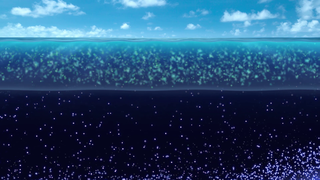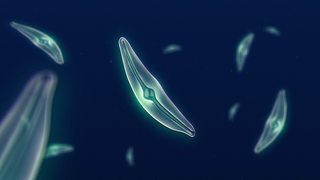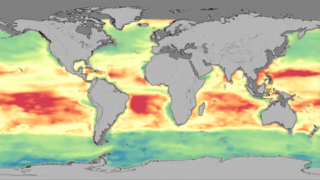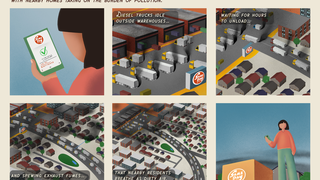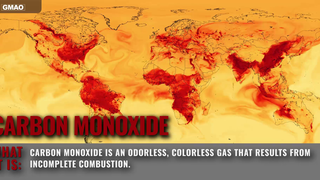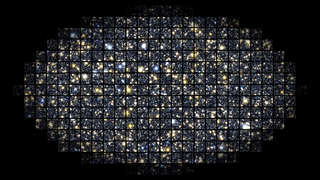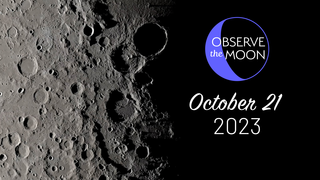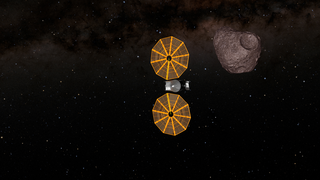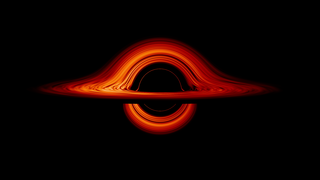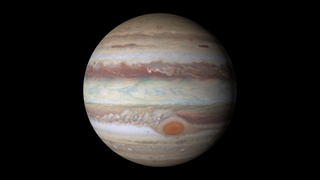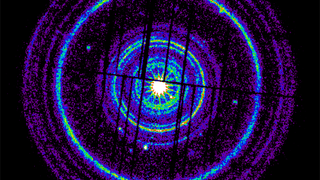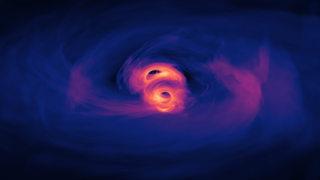Earth
ID: 12009
The world's oceans have seen significant declines in certain types of microscopic plant-life at the base of the marine food chain, according to a new NASA study. The research is the first to look at global, long-term phytoplankton community trends based on a model driven by NASA satellite data.








Earth’s Oceans Show Decline In Microscopic Plant Life
Diatoms, the largest type of phytoplankton algae, have declined more than 1 percent per year from 1998 to 2012 globally, with significant losses occurring in the North Pacific, North Indian and Equatorial Indian oceans. The reduction in population may have an impact on the amount of carbon dioxide drawn out of the atmosphere and transferred to the deep ocean for long-term storage.








Related
For More Information
Credits
Sophia Roberts (USRA): Lead Producer
Trent L. Schindler (USRA): Visualizer
Krystofer Kim (USRA): Animator
Cecile S. Rousseaux (USRA): Scientist
Ellen T. Gray (ADNET Systems, Inc.): Science Writer
Trent L. Schindler (USRA): Visualizer
Krystofer Kim (USRA): Animator
Cecile S. Rousseaux (USRA): Scientist
Ellen T. Gray (ADNET Systems, Inc.): Science Writer
Please give credit for this item to:
NASA's Goddard Space Flight Center
NASA's Goddard Space Flight Center
Short URL to share this page:
https://svs.gsfc.nasa.gov/12009
This item is part of this series:
Narrated Movies
Keywords:
SVS >> HDTV
SVS >> Phytoplankton
NASA Science >> Earth
GCMD >> Earth Science >> Biological Classification >> Protists >> Diatoms
GCMD keywords can be found on the Internet with the following citation: Olsen, L.M., G. Major, K. Shein, J. Scialdone, S. Ritz, T. Stevens, M. Morahan, A. Aleman, R. Vogel, S. Leicester, H. Weir, M. Meaux, S. Grebas, C.Solomon, M. Holland, T. Northcutt, R. A. Restrepo, R. Bilodeau, 2013. NASA/Global Change Master Directory (GCMD) Earth Science Keywords. Version 8.0.0.0.0
https://svs.gsfc.nasa.gov/12009
This item is part of this series:
Narrated Movies
Keywords:
SVS >> HDTV
SVS >> Phytoplankton
NASA Science >> Earth
GCMD >> Earth Science >> Biological Classification >> Protists >> Diatoms
GCMD keywords can be found on the Internet with the following citation: Olsen, L.M., G. Major, K. Shein, J. Scialdone, S. Ritz, T. Stevens, M. Morahan, A. Aleman, R. Vogel, S. Leicester, H. Weir, M. Meaux, S. Grebas, C.Solomon, M. Holland, T. Northcutt, R. A. Restrepo, R. Bilodeau, 2013. NASA/Global Change Master Directory (GCMD) Earth Science Keywords. Version 8.0.0.0.0
